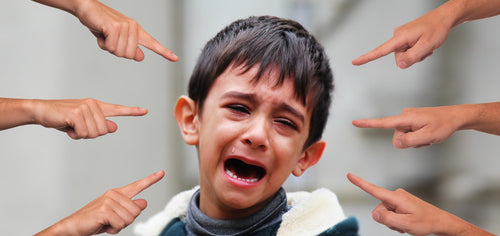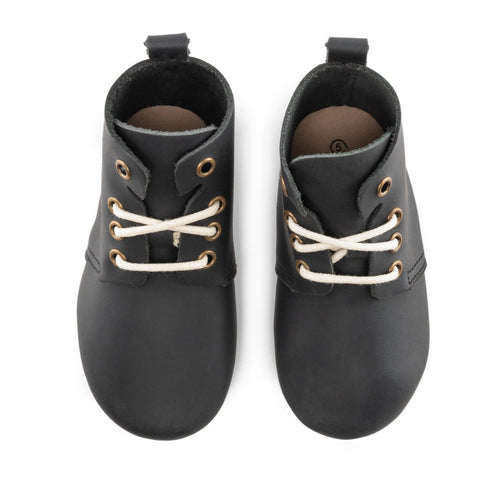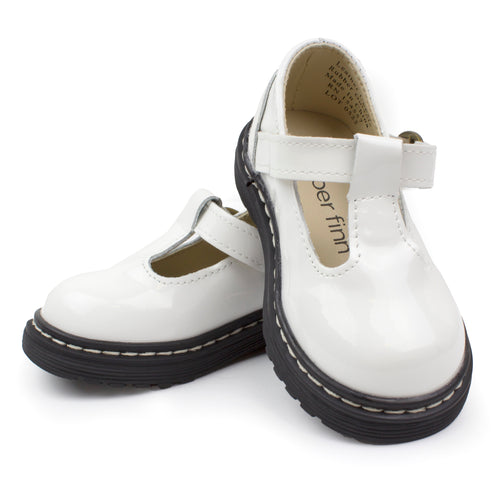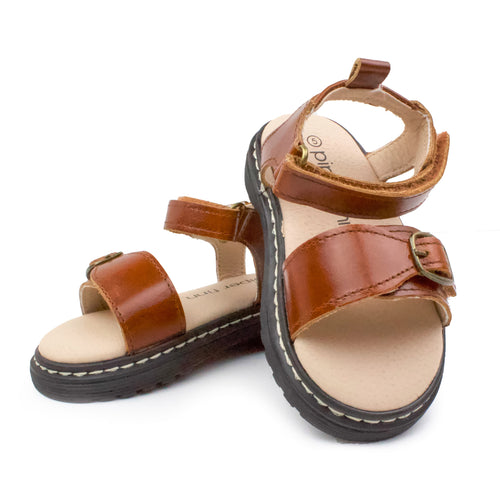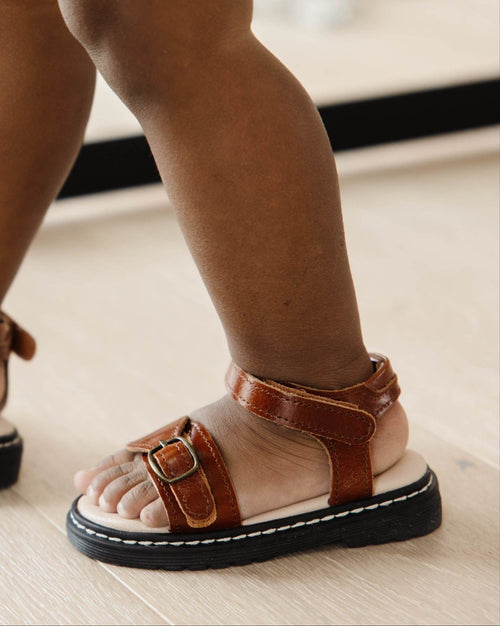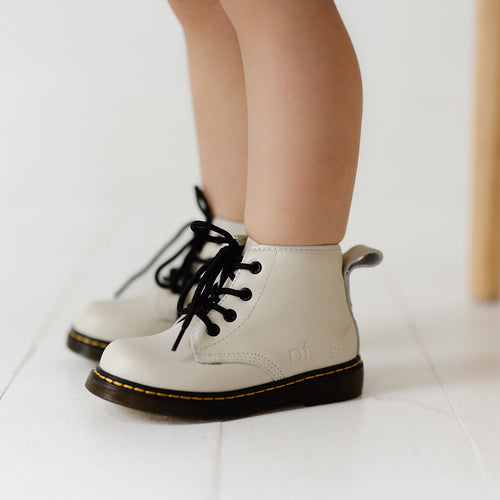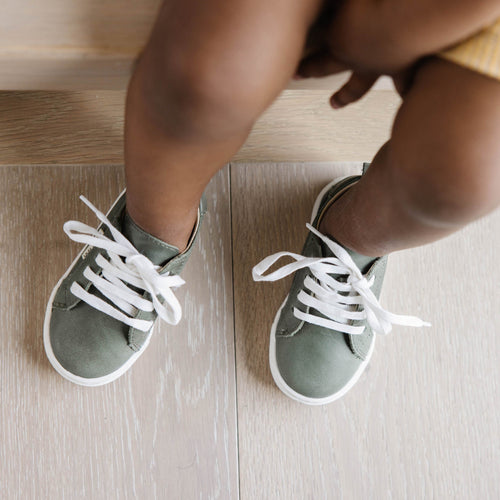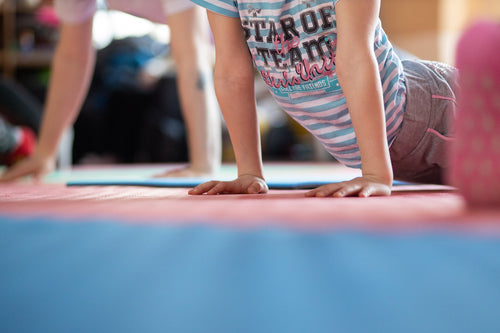Child bullying is a serious concern that affects children and their families worldwide and can profoundly impact a child’s emotional well-being, self-esteem, and overall development. As parents, guardians, or caregivers, it is essential to address this issue proactively. In today’s Piper Finn blog post, we’ll explore child bullying and how to help your child deal with bullying, promote bullying awareness, and equip them with effective coping strategies.
What is Child Bullying
Child bullying is a deliberate and repetitive act of aggression, intimidation, or harassment directed towards a child by their peers. It can take various forms, including physical, verbal, and relational bullying. It often leaves long-lasting emotional scars and may hinder a child’s development.
How to Help Your Child Deal with Child Bullying
Open Communication
One of the most effective ways to help your child deal with bullying is to establish open lines of communication. Ensure your child feels safe, welcomed, and comfortable discussing their experiences and feelings. Encourage them to share their concerns and reassure them that you are there to support and listen.
Recognize the Signs
It is vital to recognize the signs of bullying. Your child may display changes in behavior, such as withdrawing from social activities, showing signs of anxiety or depression, having trouble sleeping, or declining academic performance. Pay close attention to any unusual behavior and ask your child directly if they are experiencing bullying.
Empower Your Child with Anti-Bullying Techniques
Teaching your child how to handle bullying is crucial. Here are some anti-bullying techniques to share with them:
- Assertiveness – Encourage your child to assert themselves by calmly and confidently standing up to the bully, using a strong and clear voice, and maintaining eye contact.
- Seek Help – Advise your child to contact a trusted adult, teacher, or school counselor for assistance in addressing the bullying situation.
- Avoid Retaliation – Emphasize the importance of not retaliating with violence or harmful words, as this can escalate the situation.
- Documentation – Teach your child to record bullying incidents, including dates, times, locations, and details of what occurred. This documentation can be useful when reporting bullying to school authorities.
Promoting Bullying Awareness
Increasing awareness of child bullying is crucial in preventing and addressing this issue, and it requires a collective effort from parents, schools, and communities. You can promote bullying awareness through strategies like:
Educating Yourself
To help your child deal with bullying, educate yourself about the different forms of bullying, its effects, and the strategies available to combat it. Stay informed about your child’s school policies on bullying and the resources available for support.
Encouraging School Involvement
Collaborate with your child’s school to promote a safe and inclusive environment. Attend parent-teacher meetings, participate in anti-bullying campaigns, and support educational programs on bullying prevention.
Community Engagement
Engage with your local community and show support by attending events and activities raising awareness about child bullying. It can help create a culture of empathy, respect, and zero tolerance for bullying.
How to Help a Child Cope with Bullying
Coping with bullying is challenging, but with the right strategies, your child can emerge from the experience stronger and more resilient.
Emotional Support
Offer your child emotional support by reassuring them that you are there for them. Let them know their feelings are valid and it is okay to be upset about what they are going through.
Professional Help
In some cases, the impact of bullying can be severe, leading to emotional and psychological distress. A therapist, counselor, or psychologist specializing in child development and bullying-related issues can help in such scenarios.
Building Resilience
Encourage your child to develop resilience by emphasizing their strengths and helping them build self-confidence. Engage them in activities they enjoy, cultivate their talents, and foster a sense of belonging within their community.
Encourage Healthy Friendships
Support your child in developing healthy friendships by helping them identify positive and supportive individuals. These friends can provide emotional support and help build your child’s self-esteem.
Final Thoughts
Child bullying can profoundly impact your child’s well-being, and as a parent or caregiver, you play a critical role in helping your child deal with bullying. By fostering open communication, recognizing the signs of bullying, empowering your child with anti-bullying techniques, promoting bullying awareness, and teaching effective coping strategies, you can guide your child through this challenging experience. Child bullying is a shared responsibility involving parents, schools, and communities to create a safer and more inclusive environment to help your child grow, learn, and thrive without the fear of bullying.
Image by Gerd Altmann from Pixabay

